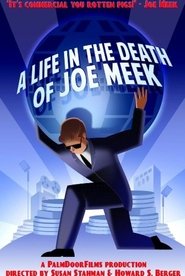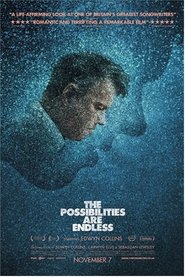
Edwyn Collins
Edwyn Stephen Collins (born 23 August 1959) is a Scottish musician, producer and record label owner from Edinburgh. Collins was the lead singer for the 1980s post-punk band Orange Juice, which he co-founded. After the group split in 1985, Collins started a solo career. His 1994 single "A Girl Like... You" was a worldwide hit. In February 2005, Collins was hospitalised after two cerebral haemorrhages which resulted in aphasia, and he needed months to recover. He resumed his musical career in 2007. A documentary film on his recovery, The Possibilities Are Endless, was released in 2014. Collins was the co-founder of the indie record label Postcard Records and co-founded a second label, Analogue Enhanced Digital, in 2011. Collins has also worked as an illustrator, television actor, television producer and record producer. He won an Ivor Novello Award, the Ivor Inspiration Award, in 2009. Collins was born in Edinburgh. He lived in Dundee from the age of six to 14 after his father got a job as a lecturer at Duncan of Jordanstone College of Art and Design. He attended the now-defunct Demonstration School in Park Place, where new educational ideas were tried out by students and teachers from the adjacent teacher training college, before moving to the secondary school, Morgan Academy. Collins co-founded the band the Nu-Sonics in 1976 in the Glasgow suburb of Bearsden. The band changed its name to Orange Juice in 1979. Collins and his friend Alan Horne founded the record label Postcard Records that year to release the band's singles. The band's debut single, "Falling and Laughing" was issued in February 1980. Although critically acclaimed, the single only sold 2,000 copies. After three more singles with Postcard, Orange Juice signed to Polydor Records in October 1981 and released their debut album, You Can't Hide Your Love Forever, in March 1982. The band's second album, Rip It Up followed in November 1982. Their single "Rip It Up", released in early 1983, reached number 8 on the UK Singles Chart and was noted as the first British hit single to feature a bass-line from the Roland TB-303 synthesizer. The song was their only Top 40 single. The band's two subsequent albums, Texas Fever and The Orange Juice, were both released in 1984. They failed to find the same success as Rip It Up. Orange Juice disbanded in January 1985, after Polydor grew dissatisfied with the band's lack of success and the band's difficulty finding a new label to sign with. During this time in his career, Collins met Grace Maxwell, whom he hired as his manager and later married. Collins started his solo career in 1986, and signed to Elevation Records, a label that was a co-venture between indie label Creation Records and major label Warner Music. ... Source: Article "Edwyn Collins" from Wikipedia in English, licensed under CC-BY-SA 3.0.
Also Known As:







